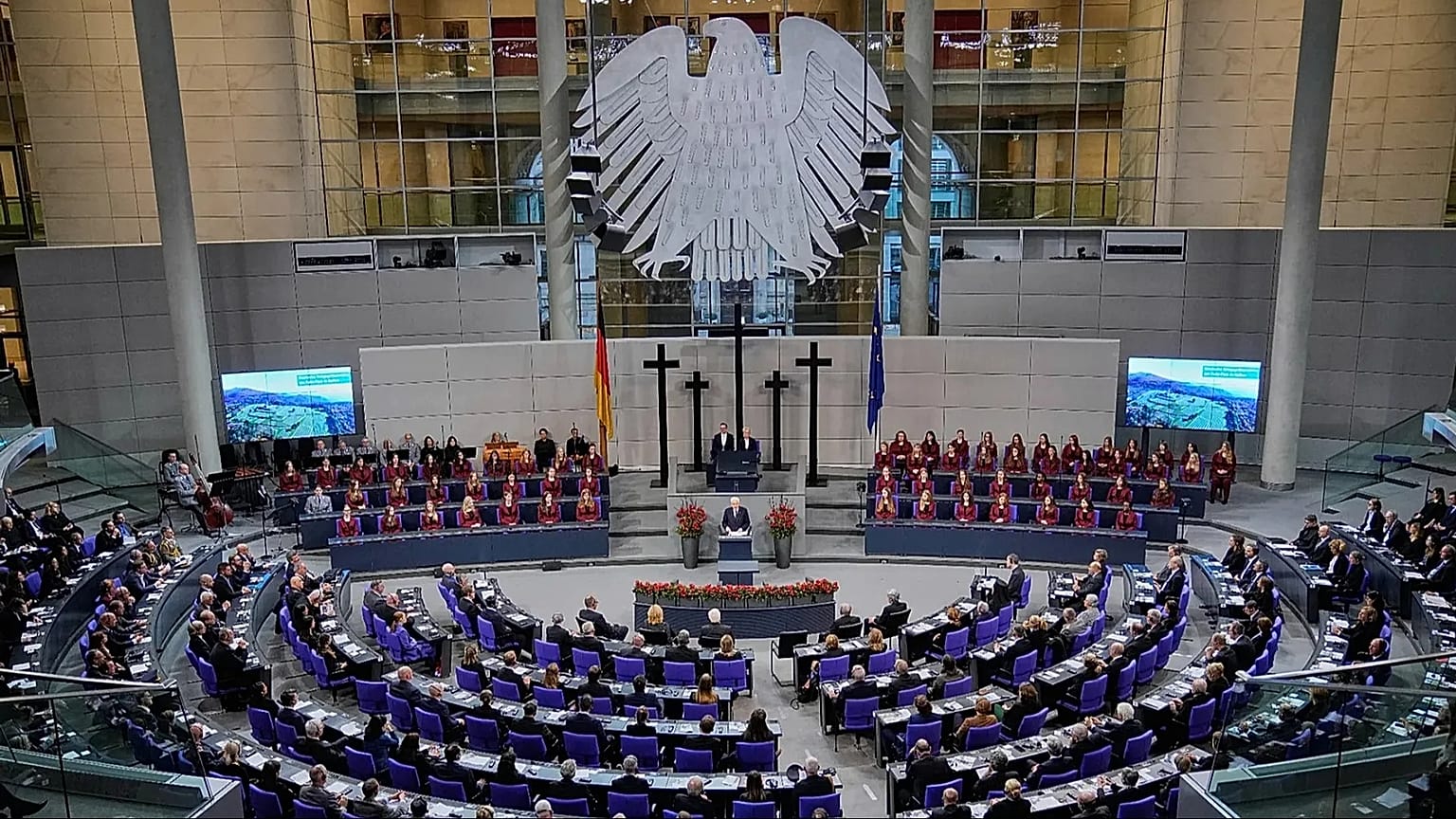Chancellor Friedrich Merz said in August that Berlin would not authorise any exports of military equipment to Israel that could be used in Gaza "until further notice".
The German government said on Monday that it is lifting its restrictions on exports of military equipment to Israel, weeks after the ceasefire between Israel and Hamas in Gaza came into force.
German Chancellor Friedrich Merz said in early August that Berlin would not authorise any exports of military equipment to Israel that could be used in Gaza "until further notice", in response to a decision by the Israeli cabinet to advance on Gaza City.
A spokesperson for Merz, Sebastian Hille, said that the restrictions will be lifted from 24 November.
"Since 10 October, we have had a ceasefire in Gaza and it has fundamentally stabilised," Hille told reporters at a government news conference. "That is the basis for this decision."
"We expect everyone to keep to the agreements that were reached. That includes the ceasefire holding, that includes humanitarian aid being provided on a large scale and the process continuing to run in an orderly way, as agreed," he added.
Hille declined to comment on whether there had been Israeli requests for equipment in the period since the restrictions were imposed or whether anything had been held back.
Once the restrictions are lifted, Germany will examine military exports on a case-by-case basis, as is standard practice, he said.
Israeli Foreign Minister Gideon Sa’ar welcomed the decision in a post on X.
"I call on other governments to adopt similar decisions, following Germany," Sa’ar wrote.
Israel imports almost 70% of its military arsenal from the US, the world's largest arms exporter.
Germany is Israel’s second biggest supplier. Since the Israel-Hamas war in Gaza started in October 2023, Berlin exported €485 million worth of weapons.
Italy ranks third, supplying less than 1% of Israel's military kit.
















